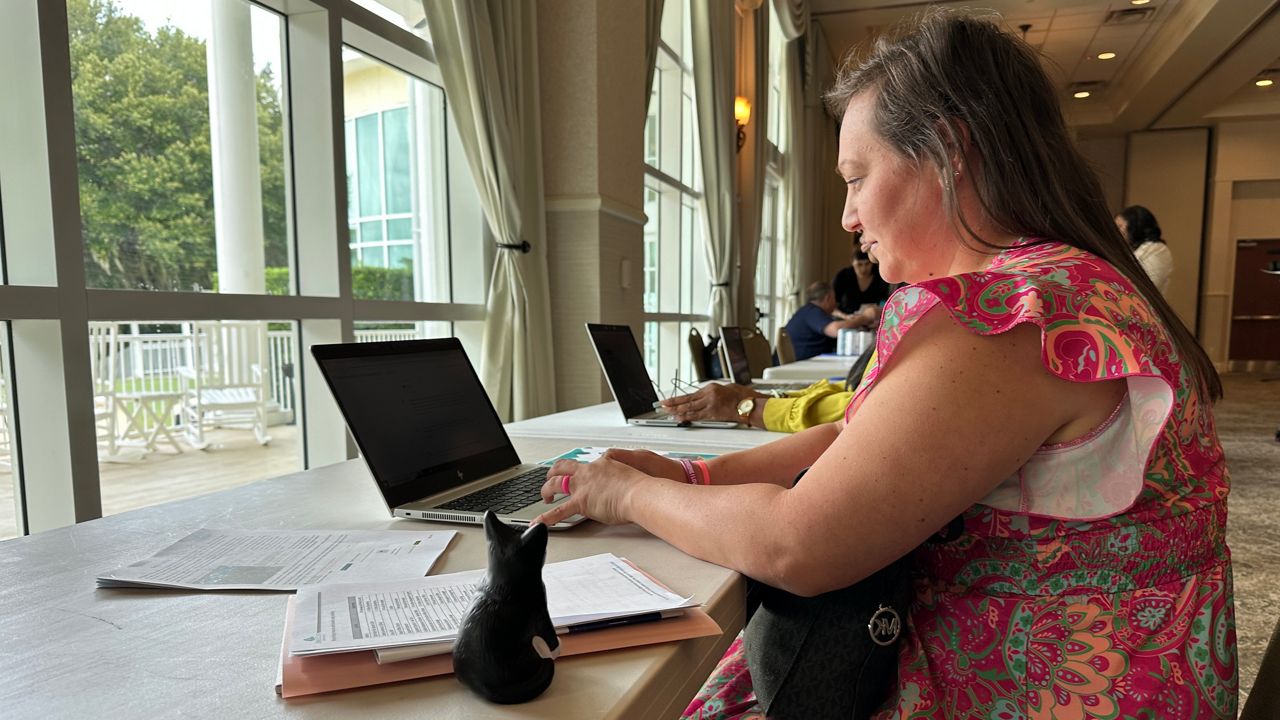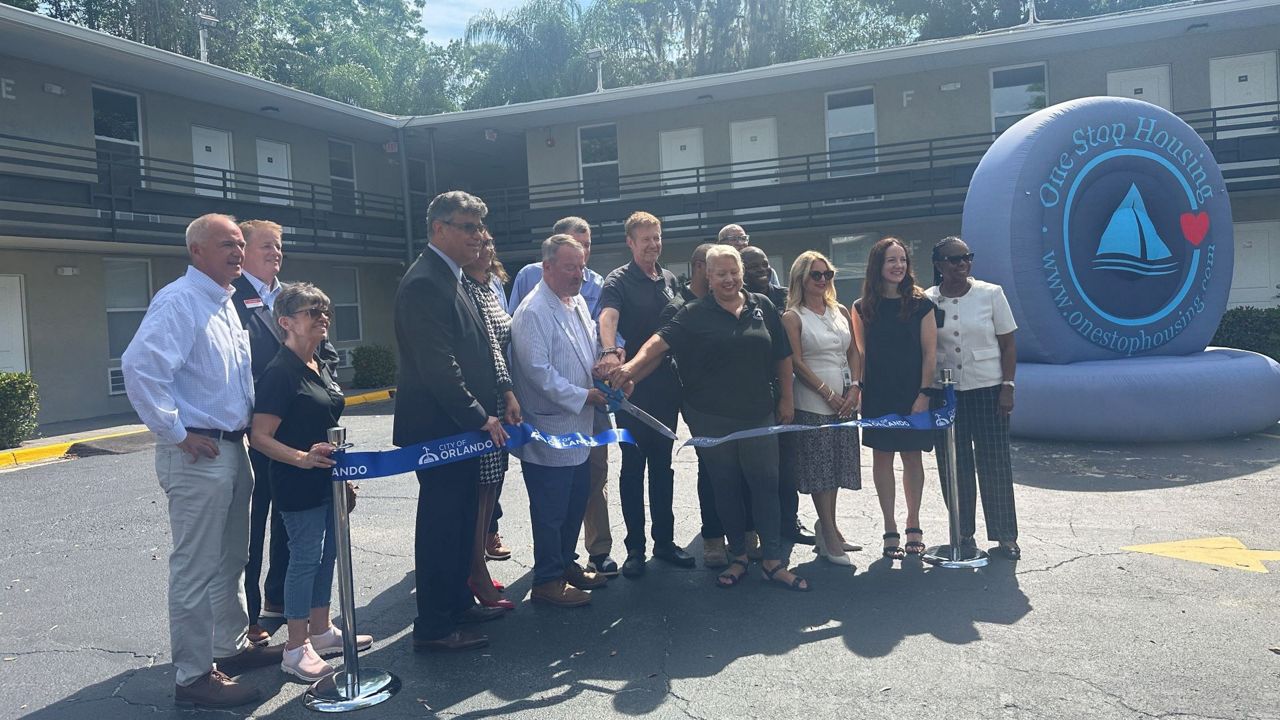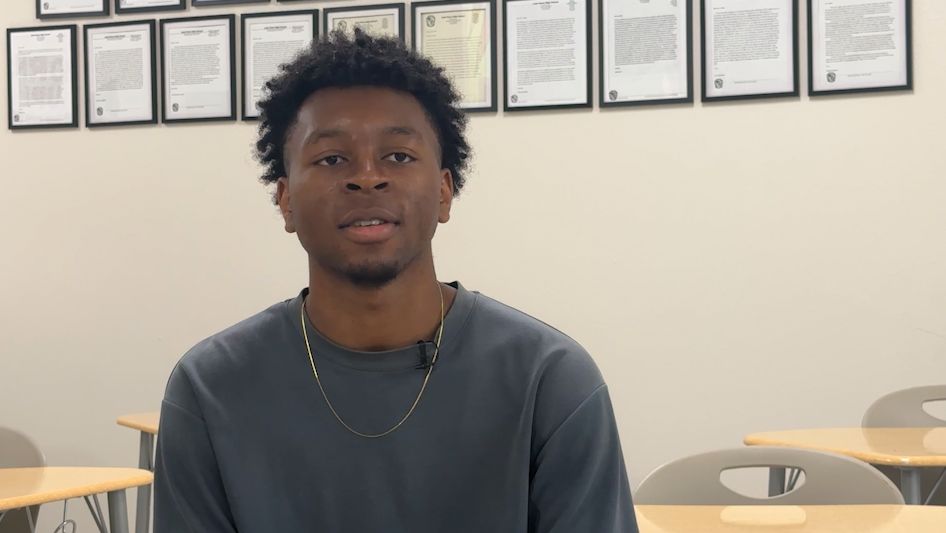ORLANDO, Fla. — As the legislative session nears its end, state lawmakers have discussed a myriad of bills touching on topics like immigration, property taxes, education and gun laws.
Many of those topics, though, have left lawmakers divided.
Similarly, the state budget has kept legislators at odds, and Rep. Anna Eskamani said the division poses the likelihood of an extended or special session being called.
“I think that's one point I can say with confidence, is that you won't see major property tax reform this session. But again, nothing is really known until we get to 'sine die' and we're just not there yet,” Eskamani said.
The tax package is one of the most “contentious” topics in the legislature right now, according to Eskamani. She said typically it would have been approved a week ago and lawmakers would just be finalizing budget information in these final days of the session. However, without lawmakers in the Senate or House being able to agree, the budget, which is upward of $117 billion, hangs in the balance.
While bills are still passing through both chambers, several have already been tabled for the year. That is leading some local organizations back to the drawing boards for next year.
Donna Lorman, the President of the Autism Society of Greater Orlando (ASGO), shared that the organization has been working in partnership with other advocacy groups to push three bills (House Bills 257, 345 and 1273) through the legislature this year. All of the bills were aimed at providing major safety changes in schools and the community that would impact the lives of people with autism.
“It’s a gamble, and we’re gambling with the lives of individuals with autism,” Lorman said
HB 257 pushed for cameras in the classrooms of students with special needs only. According to ASGO volunteer Monica Carretero, who also serves as the legislative liaison, these cameras would not be used for live stream or teacher evaluation purposes but solely in the event there are suspicions or accusations that something might have happened.
HB 345 would also focus on school safety, designating a special code and a specialized SAFE team, (School staff assistance for emergencies) when a child with autism has eloped, or wandered off. Carretero said the more established plan would help assign responsibilities to the team members. One person would start a search grid, another would contact law enforcement and someone would contact the child’s parents.
“When a child elopes, every second counts,” said Carretero.
According to Lorman, however, HB 1273 might have been the most important in her eyes. The bill proposes mandatory training for law enforcement officers on how to recognize a person that has autism or special needs. It's a characteristic that she says is not always easy to identify, and often times leads to the potential of someone getting hurt.
“We have to be dependent on training and without that mandatory training, we run the risk every single day of an individual with autism or an officer being hurt or killed in that first interaction,” Lorman said.
With a son in his 30’s with autism, Lorman said she resonates with a lot of the fear that most parents feel with special needs children.
“He’s 33 years old, but his developmental age is five. So here’s my fear,” Donna said. “When an officer comes into contact, will they recognize that he has autism? Will they recognize the characteristics? How will they interact and what are their expectations?”
While the bills were never even heard by either of the committees, Lorman shared that it won’t stop ASGO from fighting for these changes next year.
“We just know that we have to start with the Florida Sheriff’s Association and get them to understand the importance and the need to make sure that every officer is safe as well as every individual with autism," she said.
With just one day until the end of session, Eskamani said she is pretty certain legislators will be looking at an extended or special session in the future.






